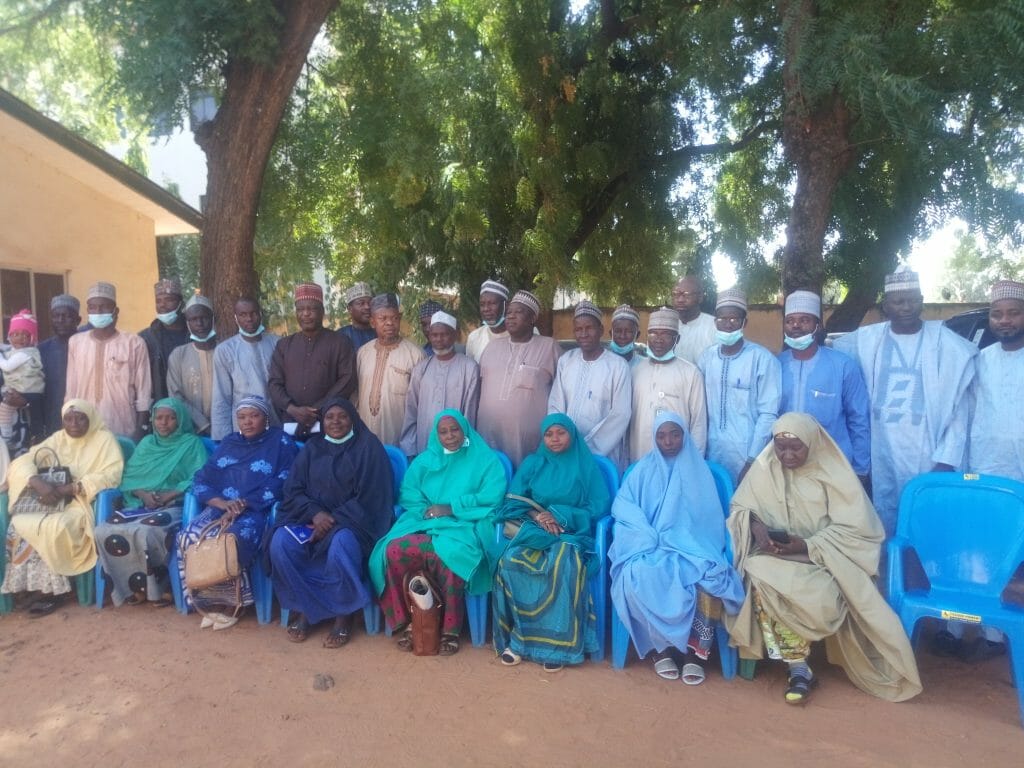To increase food production in the country, the Federal Ministry of Agriculture and Rural Development (FMARD) has begun training women from seven states in the North West in rice processing.
On Thursday, the women from Sokoto, Kebbi, Zamfara, Katsina, Kano, Kaduna, and Jigawa states arrived in Sokoto for a three-day training.
Mrs Karimatu Babangida, Director of Agricultural Services, FMARD, represented by Mr Usman Bashir, Assistant Director, Rice Value Chain, stated that women process 70% of the local rice consumed in the country.
According to her, the goal of the training was to introduce the women to modern methods of parboiling rice in order to make it clean and appealing to marketers and consumers.
“This poor quality is to blame for our milled rice’s lack of market competitiveness, which has fueled smuggling of foreign rice into the country to the detriment of our rice industries.”
“Foreign rice is not better than our locally produced rice; the difference is how locally produced rice is processed,” she explained.
The ministry, she claims, has implemented simple technology to improve the quality of locally processed rice.
Babangida stated that the participants were expected to pass on the training to others in their communities, and that similar training had taken place in other geopolitical zones.
“Rice is an important food consumed by Nigerians; its farming and processing create jobs and contribute to the nation’s food sufficiency and income generation.”
“The training was organized by FMARD in collaboration with Japan International Cooperation Agency, which developed simple technology to improve the output of women rice parboilers,” Babangida said.
Alhaji Nura Attajidi, Chairman of the Rice Millers Association in Sokoto State, stated that the training would expose rice millers to new techniques for producing, processing, packaging, and marketing rice in order to attract more buyers.
According to Attajidi, the new technology would reduce the amount of fuel required to power generators because it involved a simple boiling process.
He urged stakeholders to provide alternative dryers in order to prevent rice spraying in open areas and contamination.
According to the chairman, there are over 5,000 rice millers in Sokoto state’s 23 local government areas, which contribute significantly to the nation’s growth and food security.
He bemoaned the exclusion of small-scale rice millers from Federal Government assistance programs aimed solely at farmers.
Attajidi urged stakeholders to provide incentives, modern machines, loans, and other business support packages to rice millers.
Mr Suleiman Abdulmajid, FMARD’s Sokoto Zonal Coordinator, stated that the main issue with local rice was poor parboiling methods.
He stated that streamlining the process would ensure quality and customer loyalty.
“If we say we produce rice, we should also eat good rice, because cleanliness is what draws many people to foreign rice.”
“You can cook foreign rice without first removing the stones; parboiling is one of the factors that leads to less stones in rice.”
“There will be no stones in them if you parboil with good technique,” Abdulmajid said.
Ms Maimunatu Gara and Ms Hajara Mudassir, two of the participants, stated that they would concentrate during the training in order to learn more and teach others in their communities.
